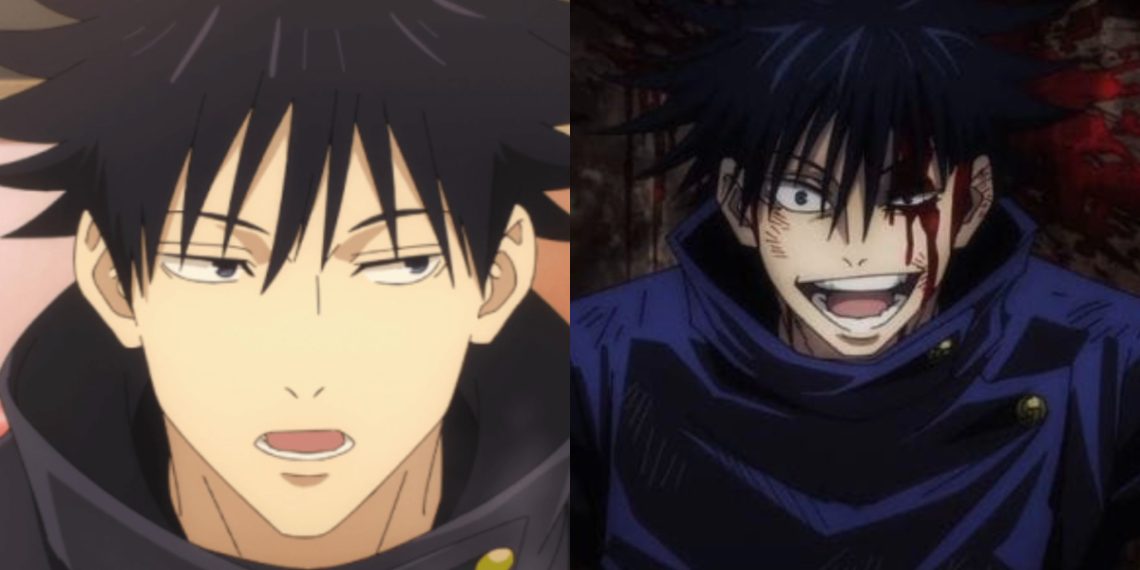Jujutsu Kaisen stands out as one of the most talked-about anime and manga series currently, but that doesn’t shield it from criticism directed at certain story arcs and characters.
Megumi Fushiguro, despite being a fan favorite, has faced scrutiny due to what some perceive as untapped potential, particularly evident in recent developments within the manga.
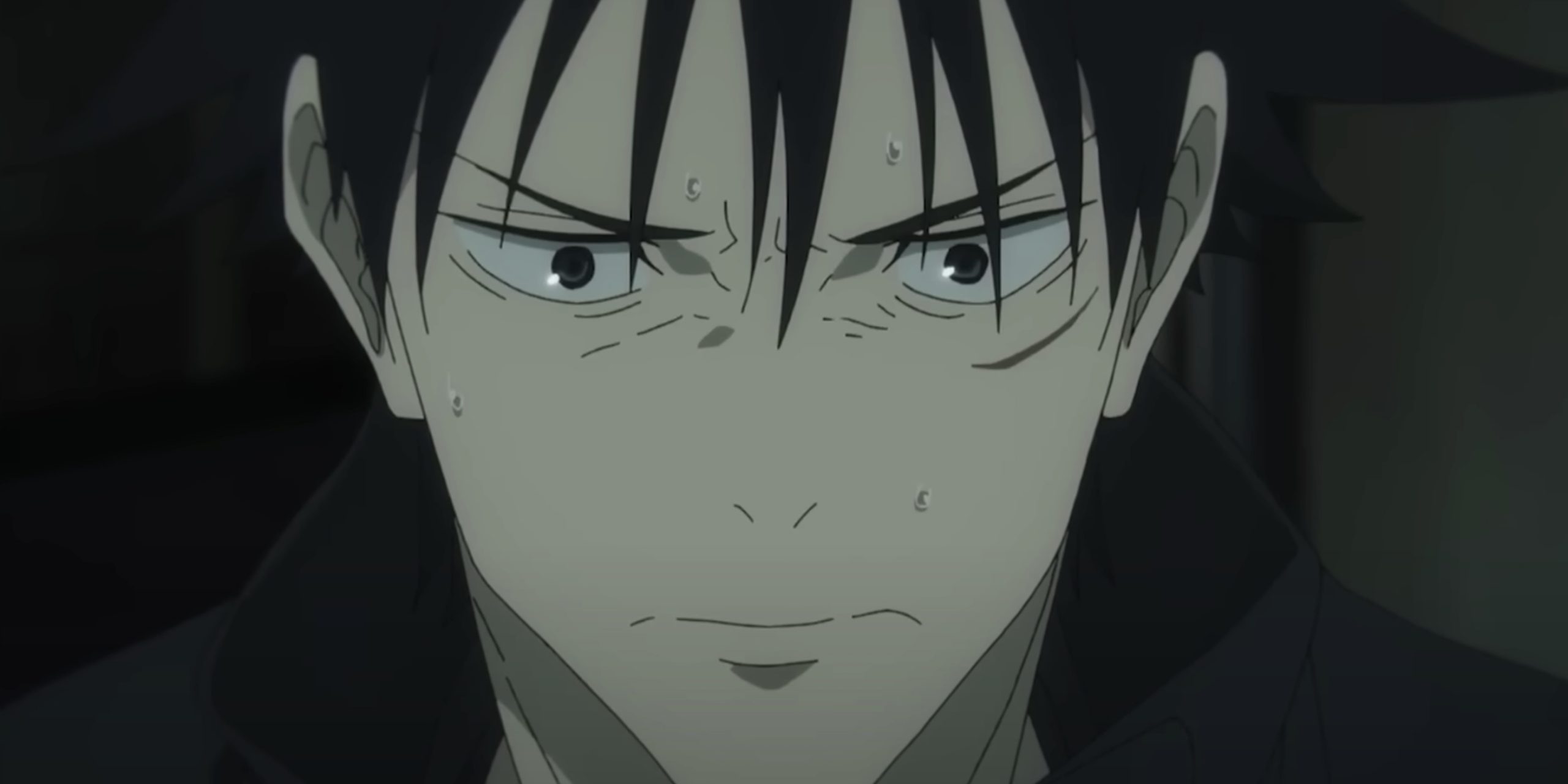
In Jujutsu Kaisen chapter 251, readers witnessed Megumi’s reappearance after a prolonged absence, only to discover that he had lost his sense of purpose, sparking widespread discussion online.
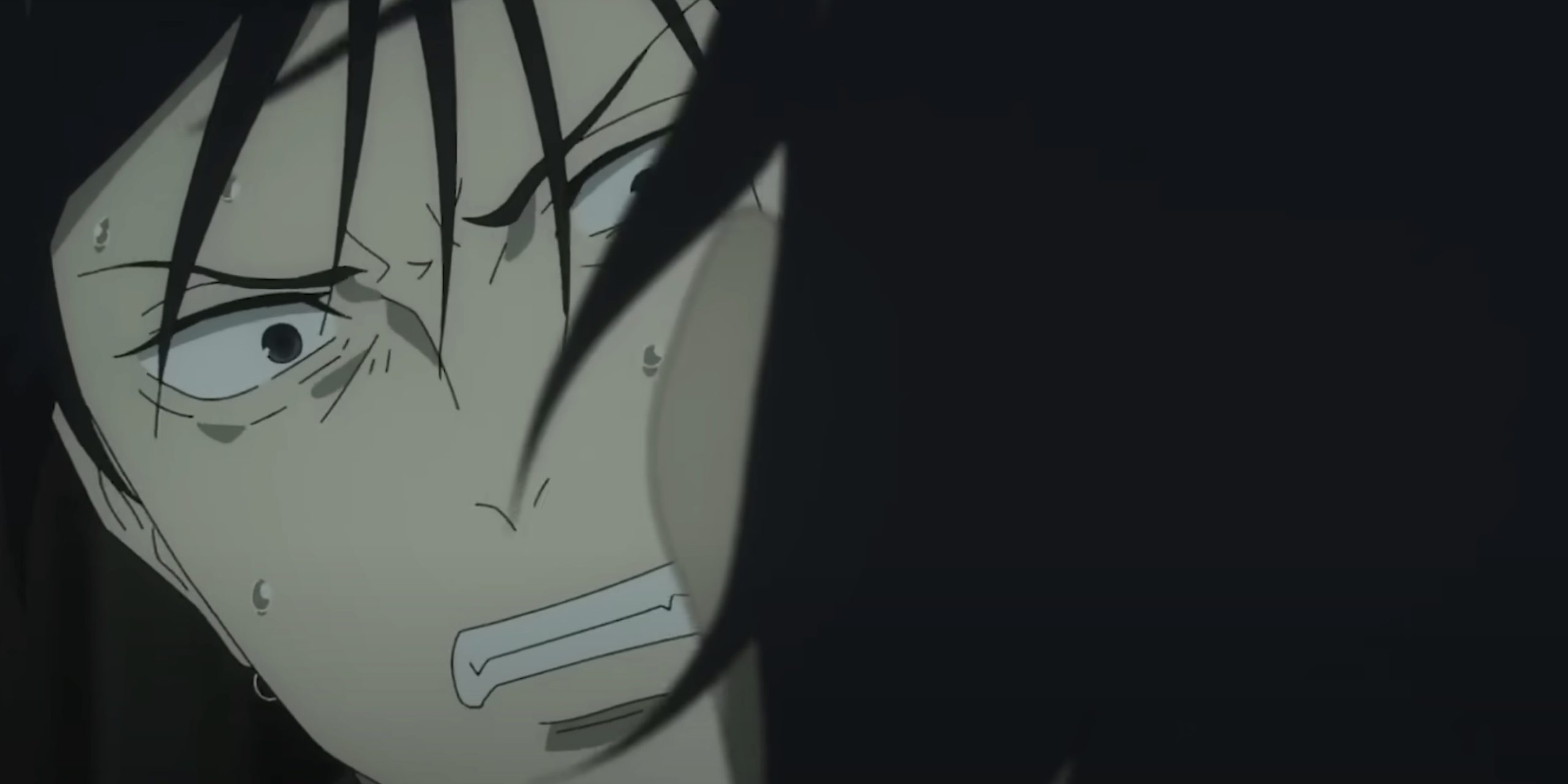
While his character evolution leading up to this point may seem logical in hindsight, it also raises questions about the treatment of his relationships with his friends and allies who continue to fight for the greater good.
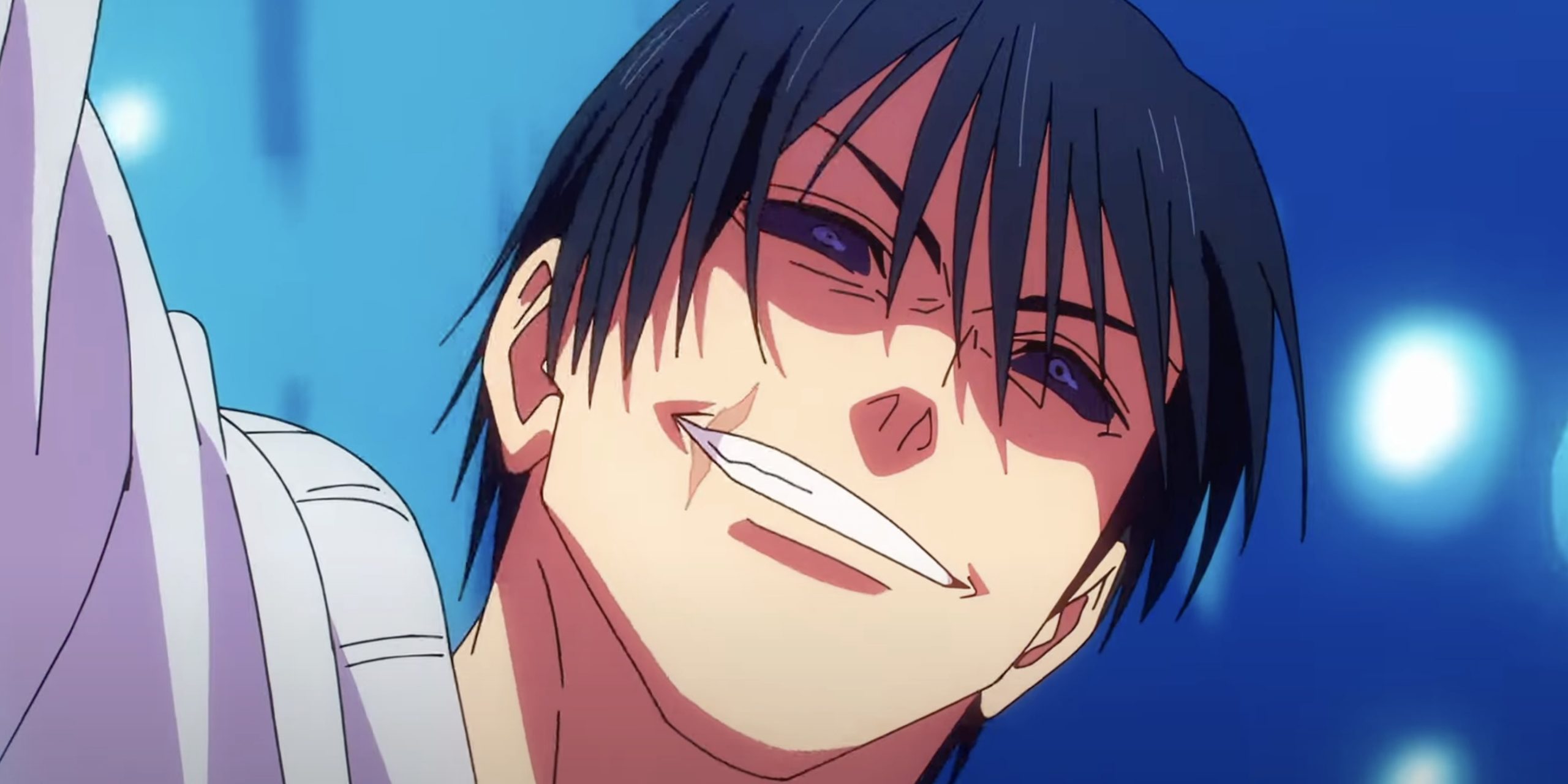
This shift in Megumi’s demeanor prompts reflection on the narrative choices made by author Gege Akutami, inviting readers to contemplate the complexities of character development and the impact of personal struggles on the overarching plot.
Megumi Fushiguro’s Character Development: Balancing Personal Trauma and the Greater Good
Megumi Fushiguro’s character arc in Jujutsu Kaisen initially revolved around his relentless pursuit of a solution to heal his cursed sister, Tsumiki. This motive was evident in his actions, particularly during the intense battles of the Culling Games.
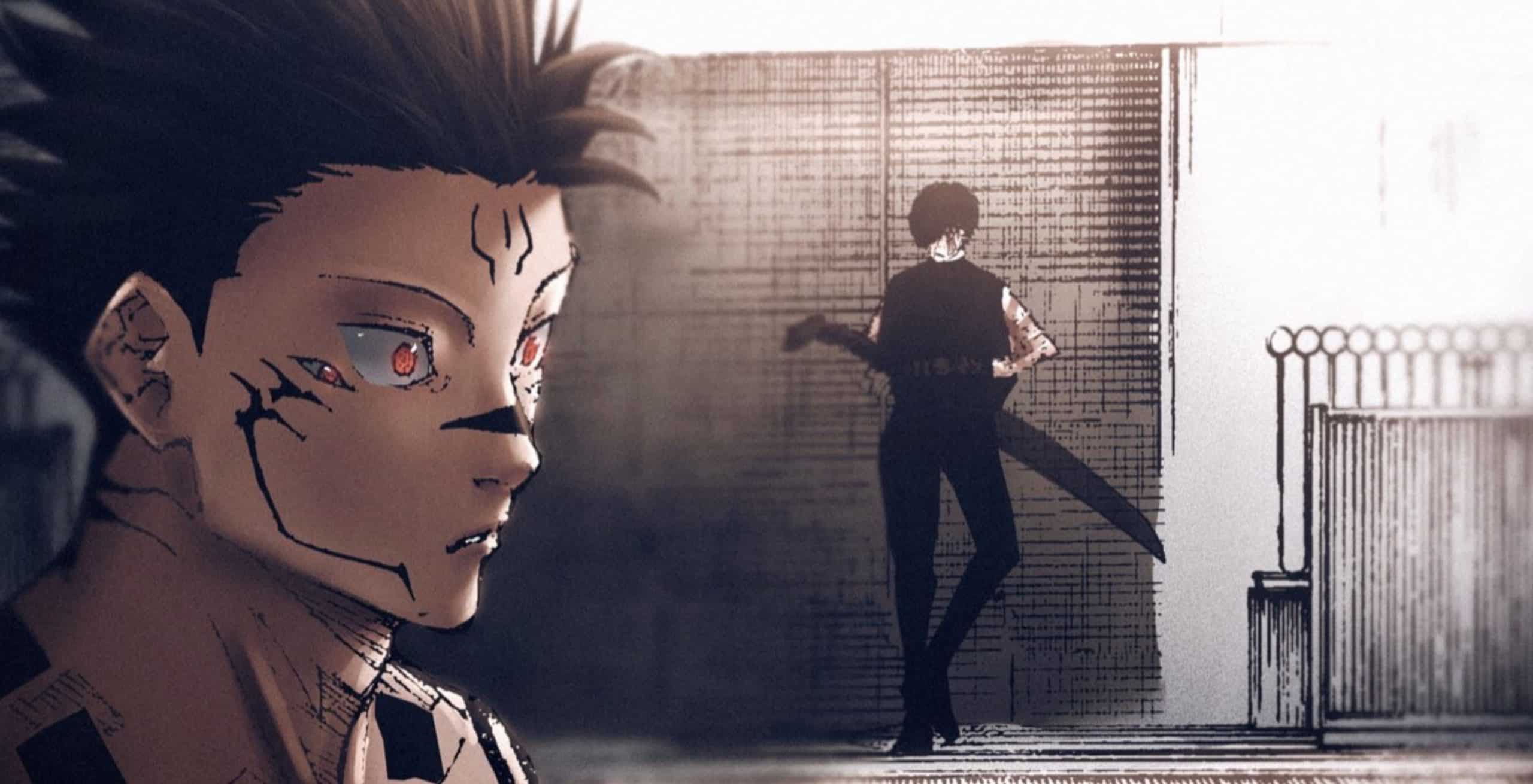
However, a significant turning point occurred when Ryomen Sukuna seized control of his body, leading to the tragic death of Yorozu, who inhabited Tsumiki’s body.
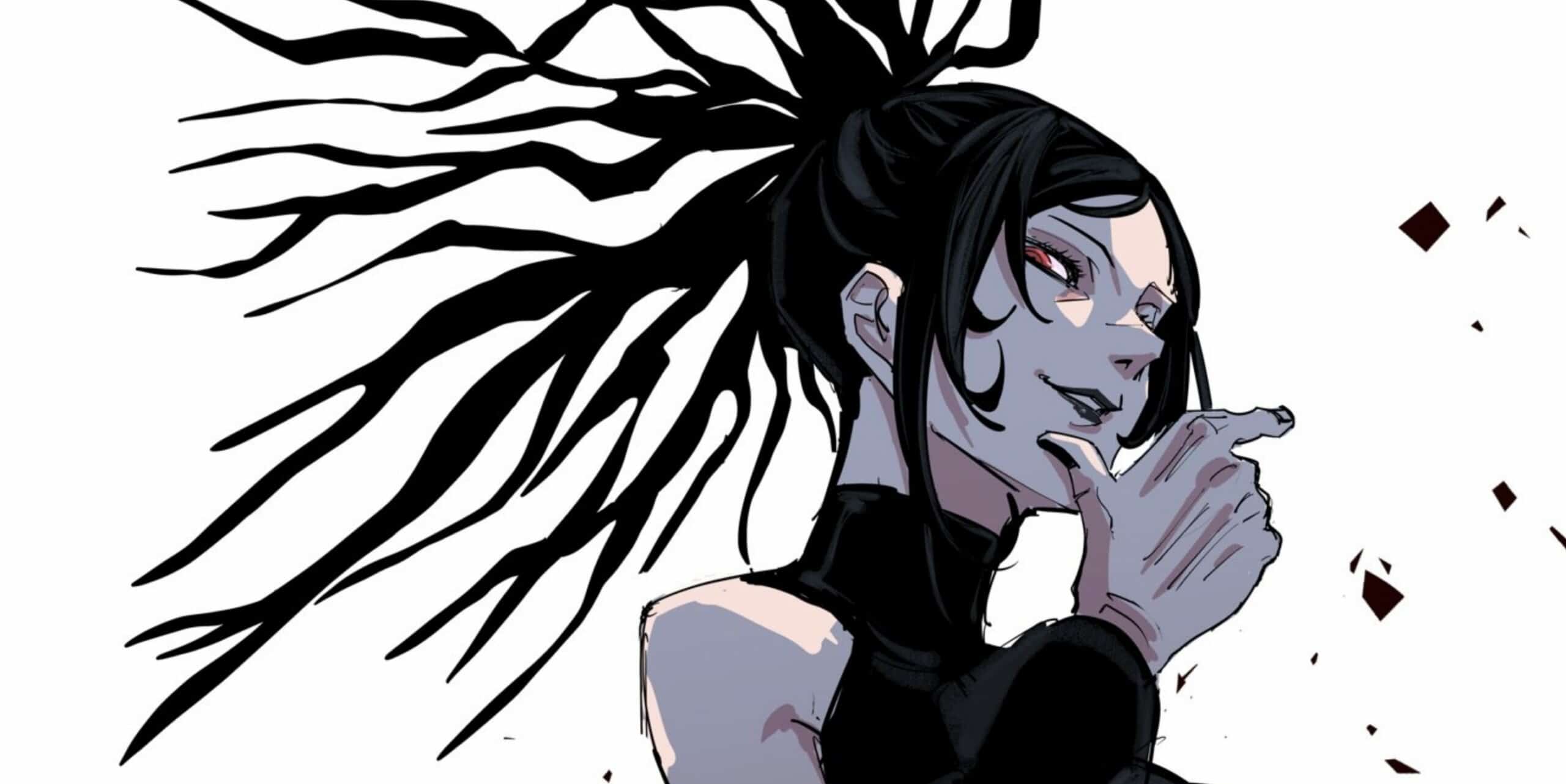
This event served as a catalyst, exposing vulnerabilities in Megumi’s character.
While it’s undeniable that the pain of losing a loved one is profound, Megumi’s response in chapter 251 of the manga is viewed by some as self-centered.
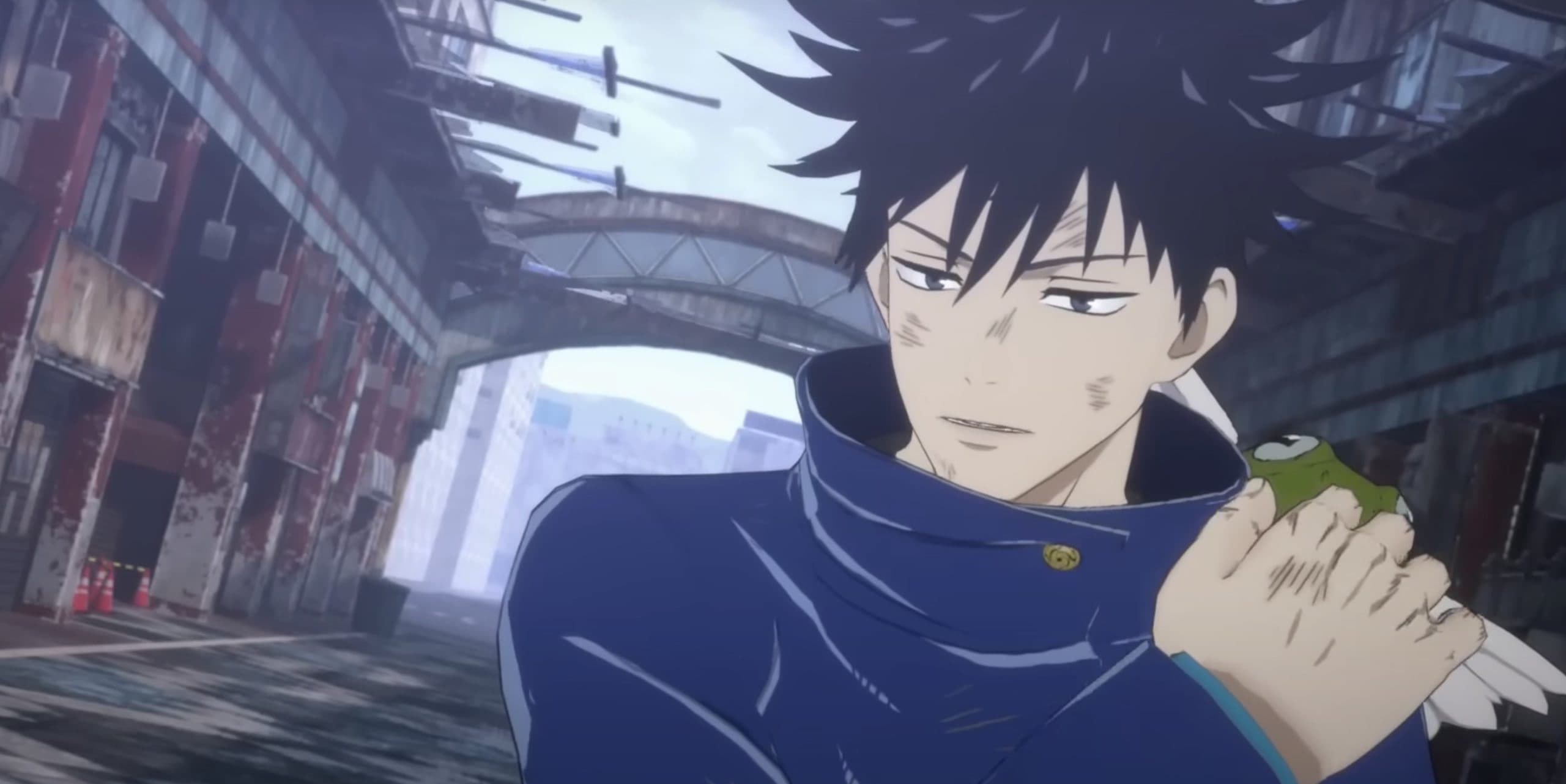
Despite enduring immense suffering while under Sukuna’s influence, his reluctance to prioritize the greater good over his personal anguish is scrutinized.
In contrast, Yuji Itadori and their comrades are actively engaged in a global battle to save countless lives.
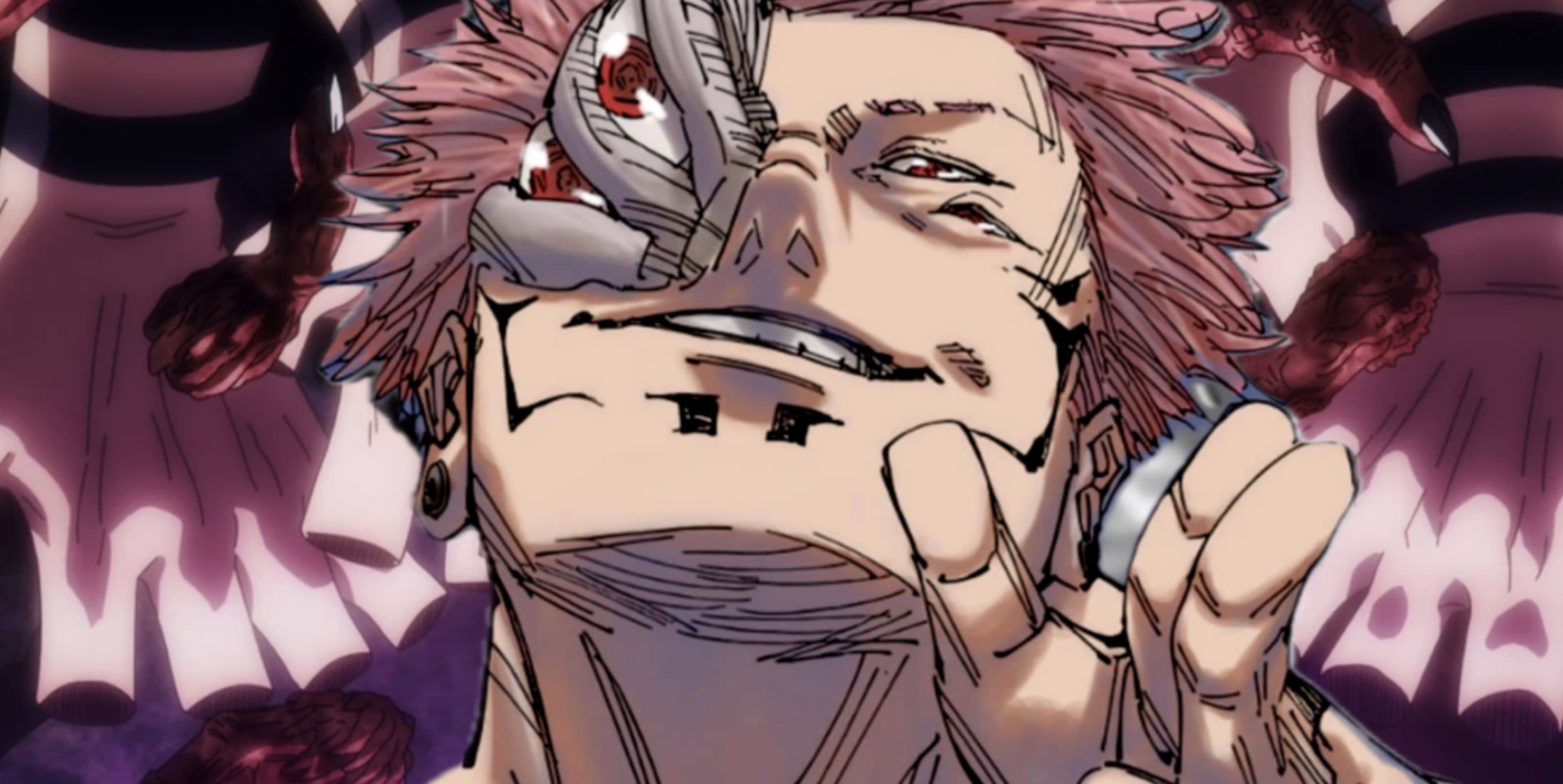
Although Megumi has faced significant challenges throughout the series, so have other characters like Yuji and Maki Zen’in, who remain committed to the ongoing fight.
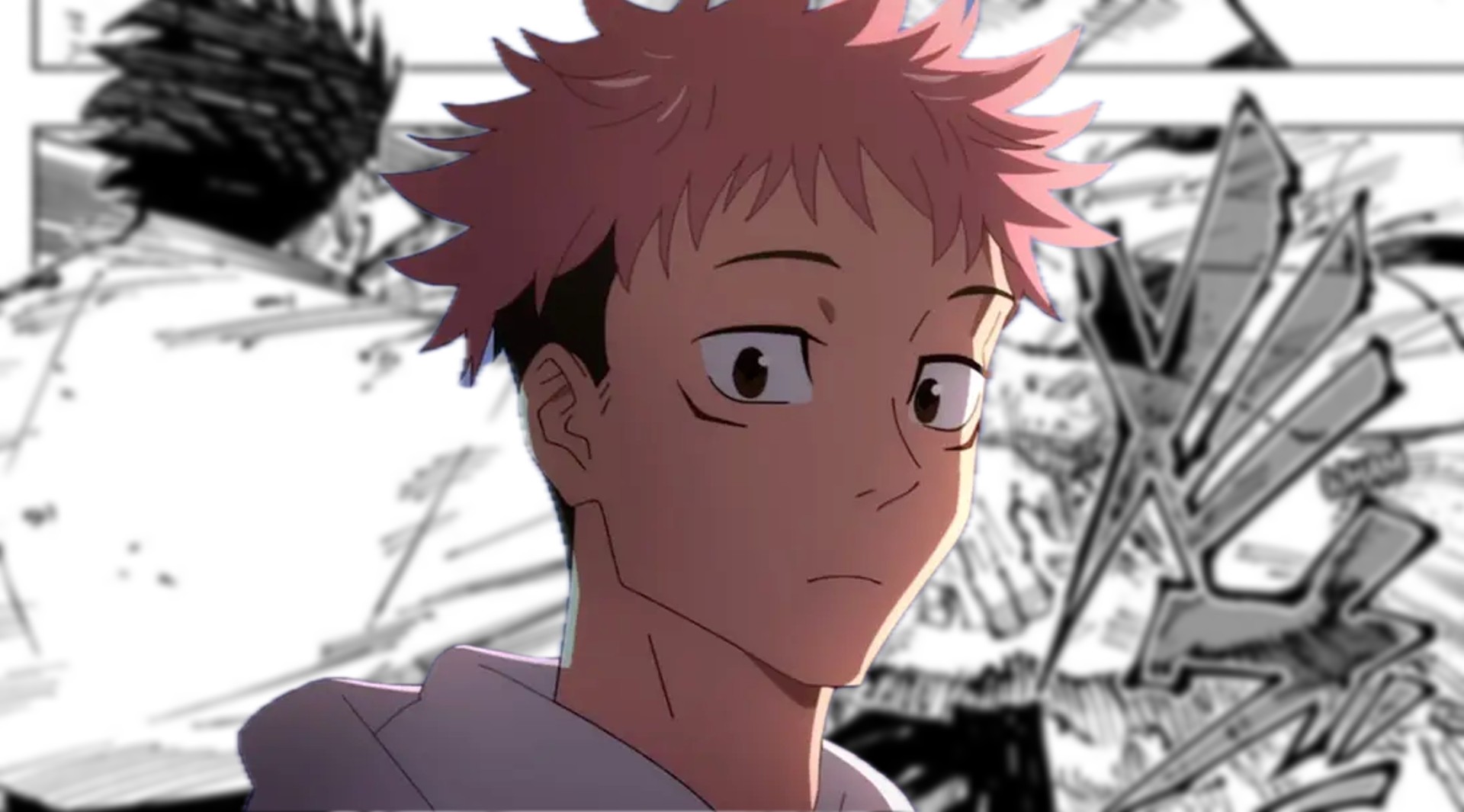
Megumi’s potential to hinder Sukuna’s influence is acknowledged, particularly amidst recent developments indicating a weakening of his control over his own body.
However, his decision to dwell in despair raises concerns about the potential consequences for the fate of the world, should the sorcerers fail to emerge victorious.
Critiquing Gege Akutami’s Handling of Megumi Fushiguro’s Character Development in Jujutsu Kaisen
Gege Akutami, the creator of Jujutsu Kaisen, demonstrates notable strengths as a mangaka, particularly evident in his adept handling of paneling and dynamic battle sequences.
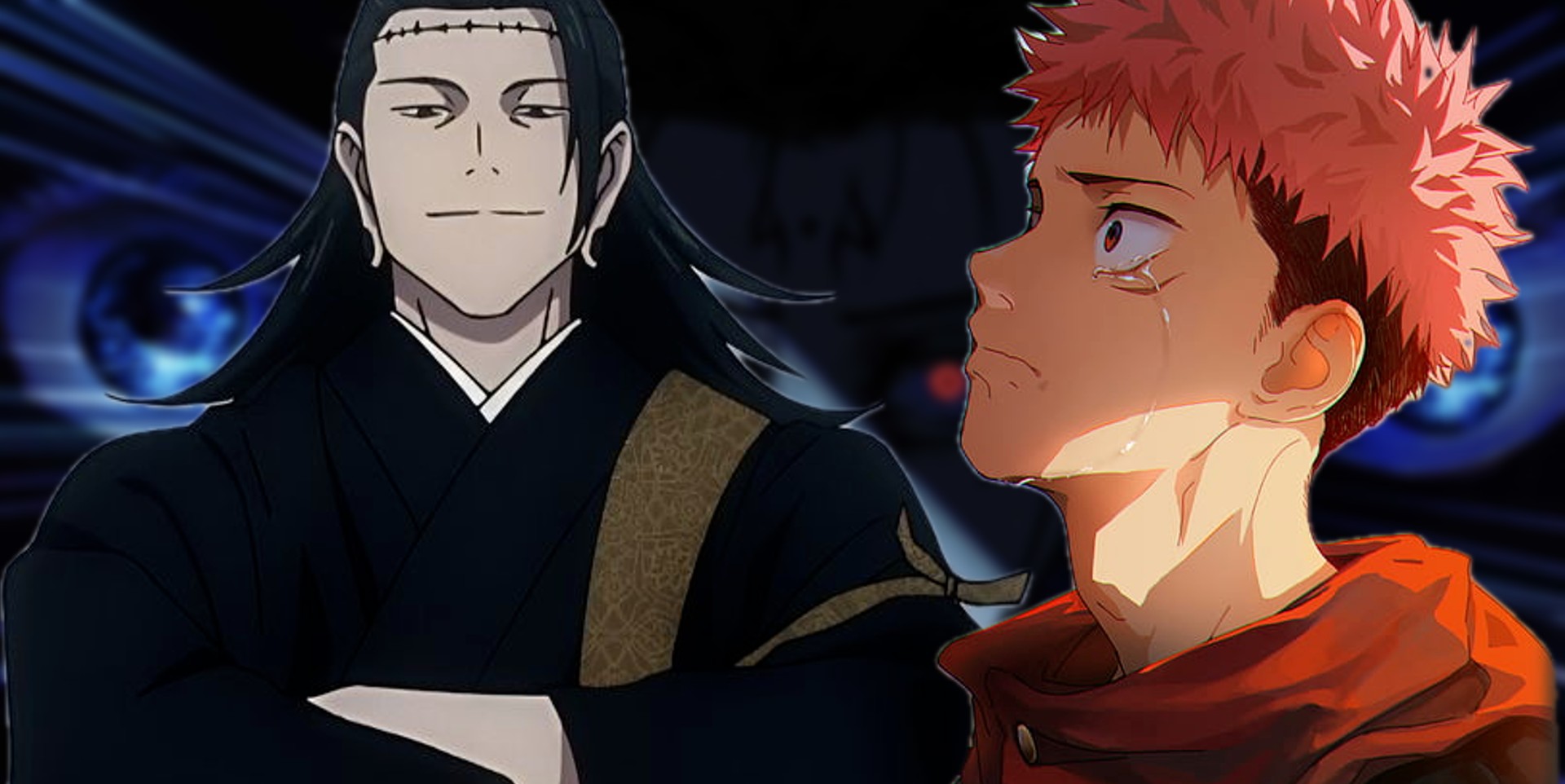
However, criticism arises from his tendency to neglect significant development for much of the main cast, with Megumi Fushiguro serving as a prime example of untapped potential.
Akutami’s failure to delve into crucial aspects of Megumi’s character is evident, particularly in his neglected relationships and unexplored backstory.
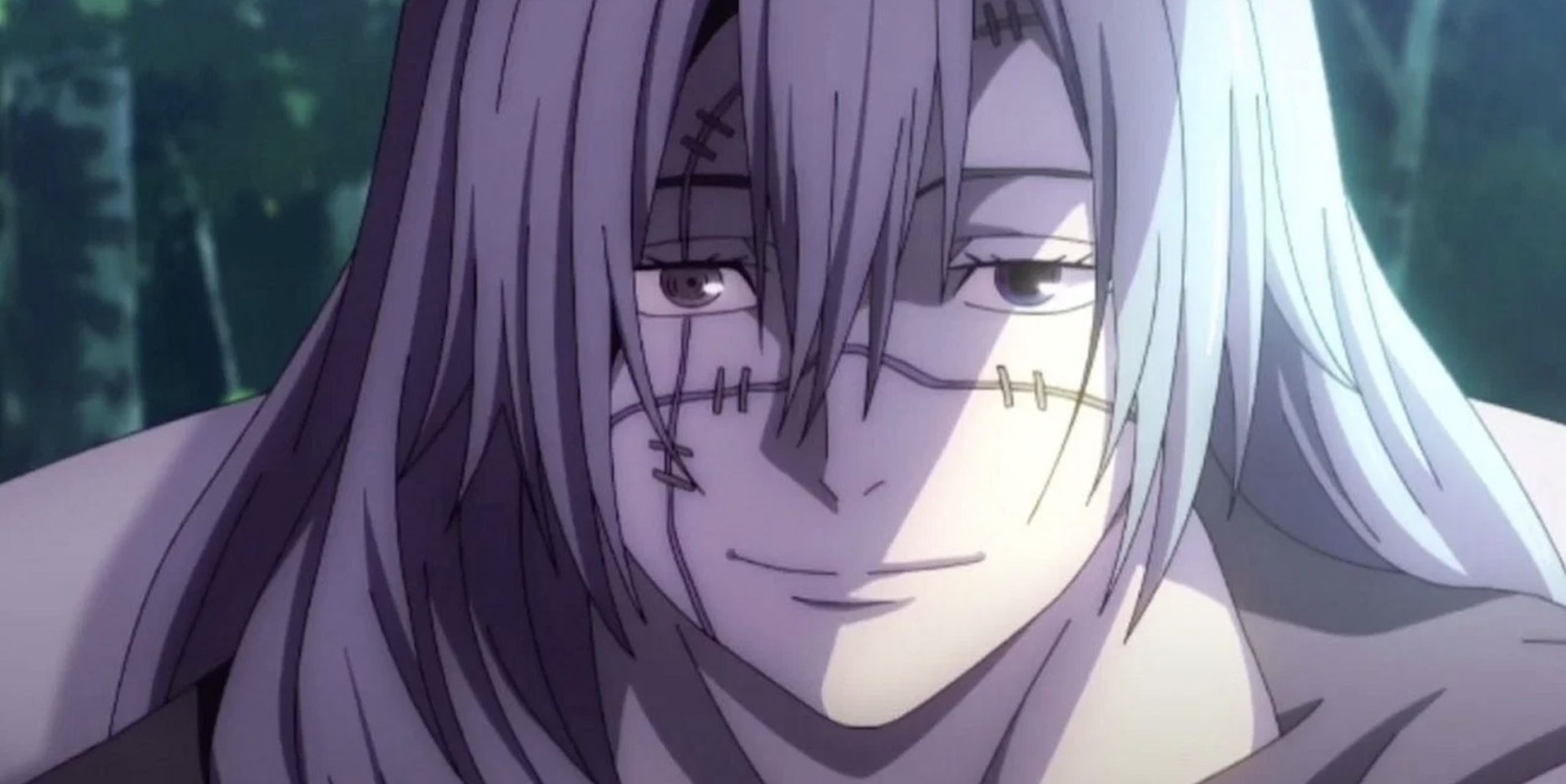
Despite teasing potential connections, such as with his father Toji during the Shibuya Incident arc, Megumi’s development remains stagnant. His bond with Satoru Gojo, a pivotal figure in his life, is left largely unexamined, as is his affiliation with the Zen’in clan, even amid significant events like their massacre.
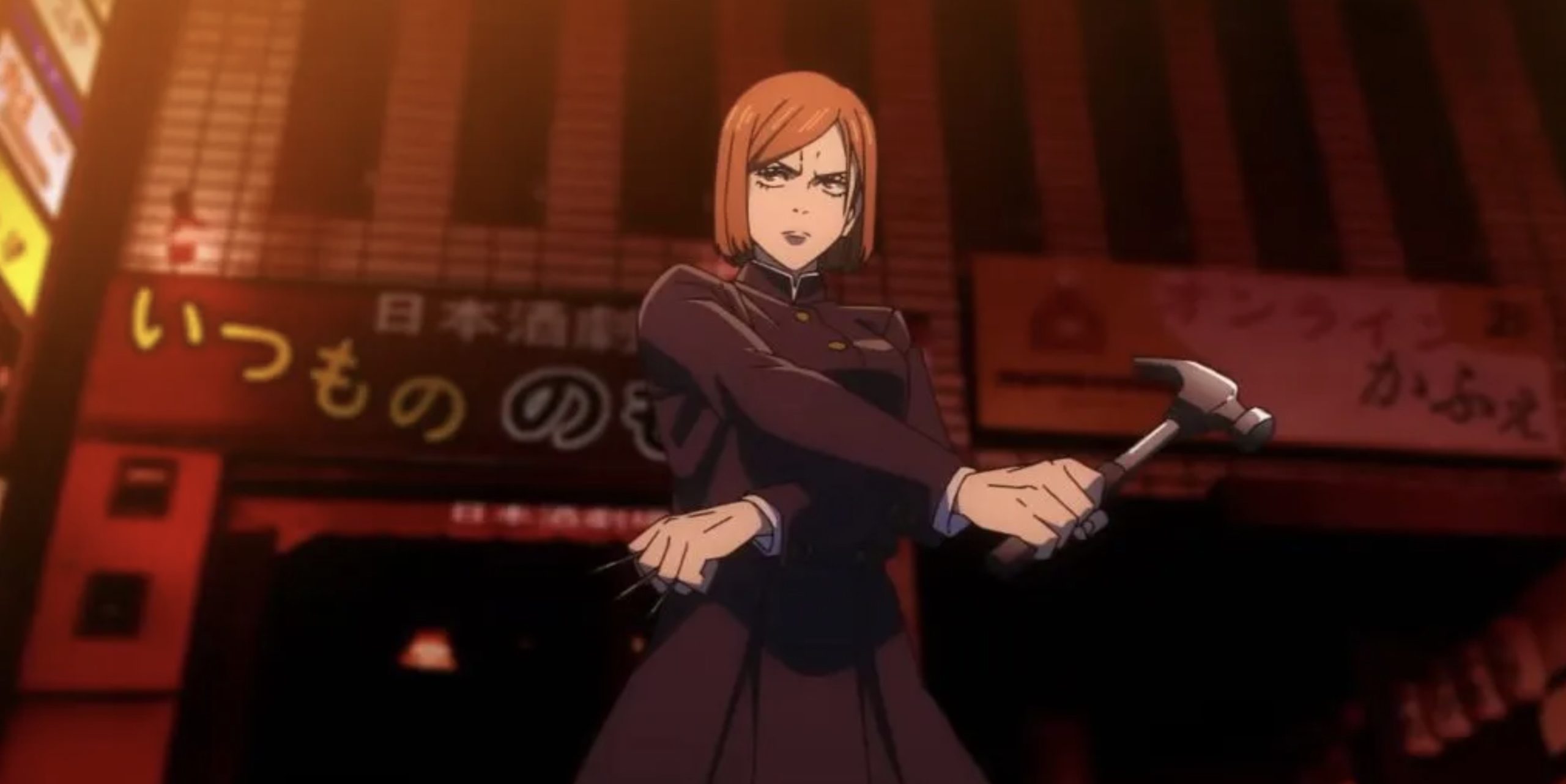
Furthermore, Megumi’s central motivation, his desire to save his sister Tsumiki, lacks the depth and exploration needed to resonate effectively with readers.
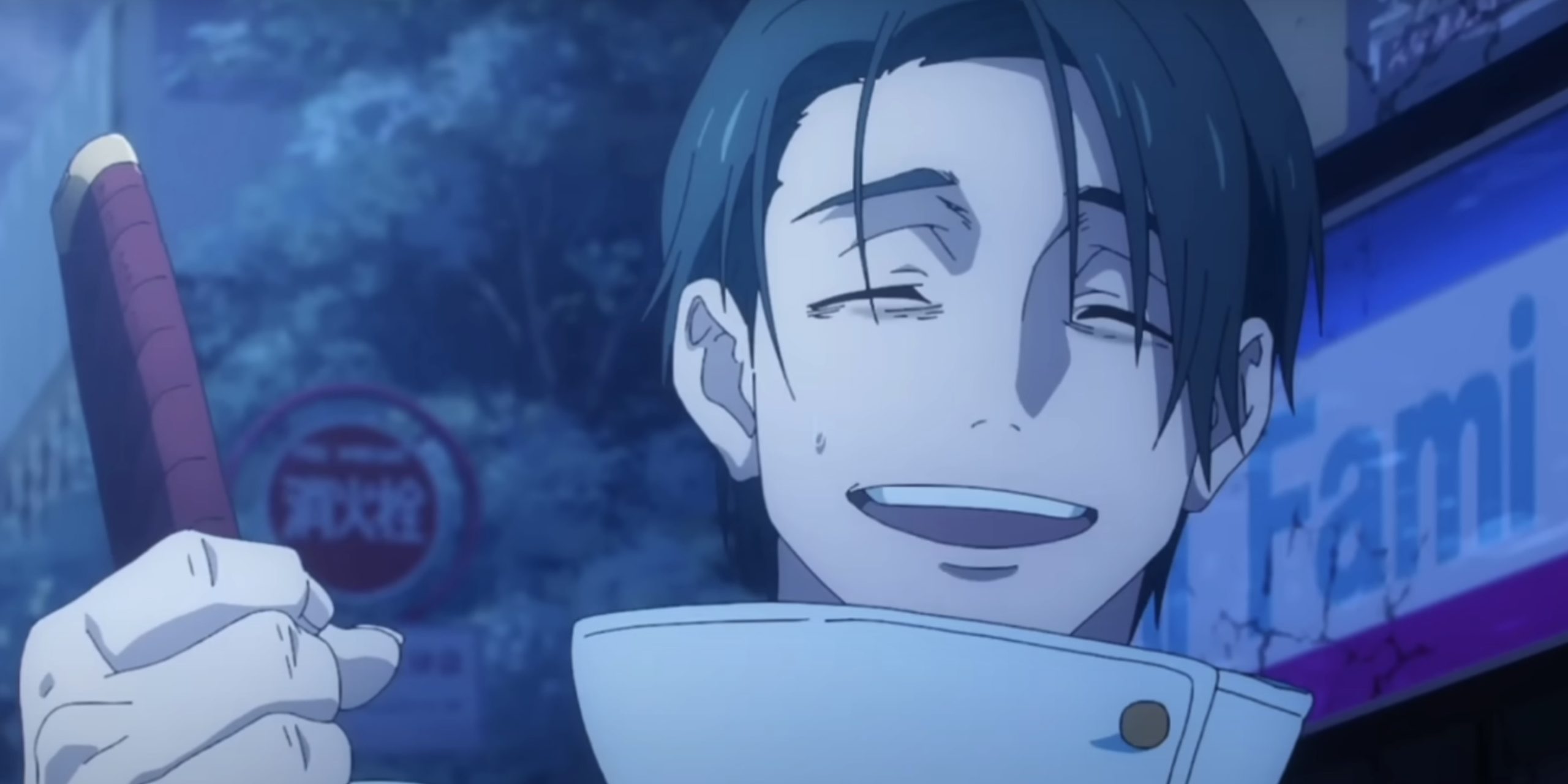
This deficiency becomes glaringly apparent when Tsumiki falls victim to Sukuna, failing to evoke the intended emotional impact.
While Jujutsu Kaisen struggles with underdeveloped characters across the board, Megumi’s case stands out as particularly egregious.
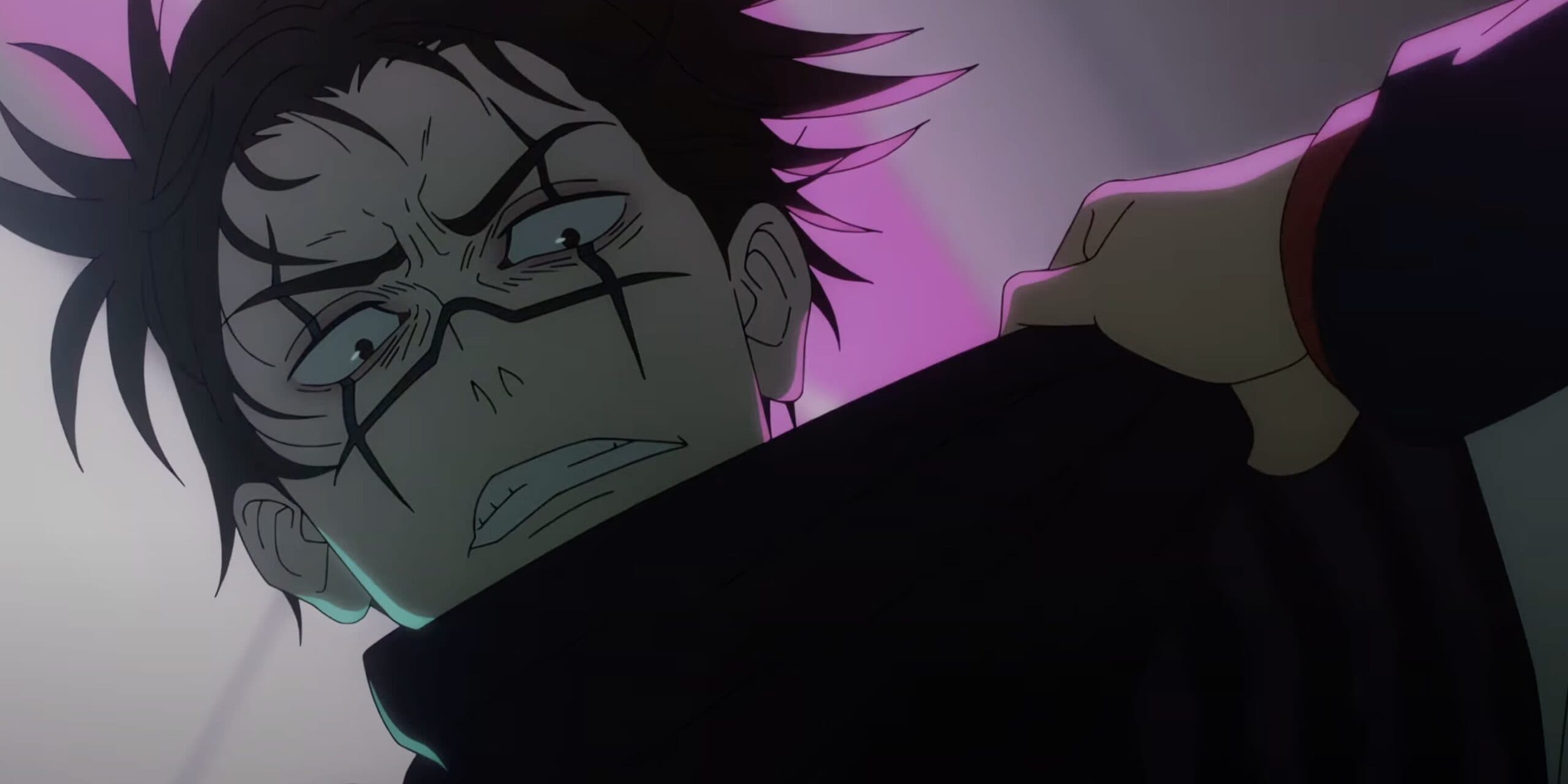
As a central figure within the main cast, his lack of substantial growth and connection to crucial plot points detracts from the overall narrative, resulting in a disappointing journey for his character throughout the series.


